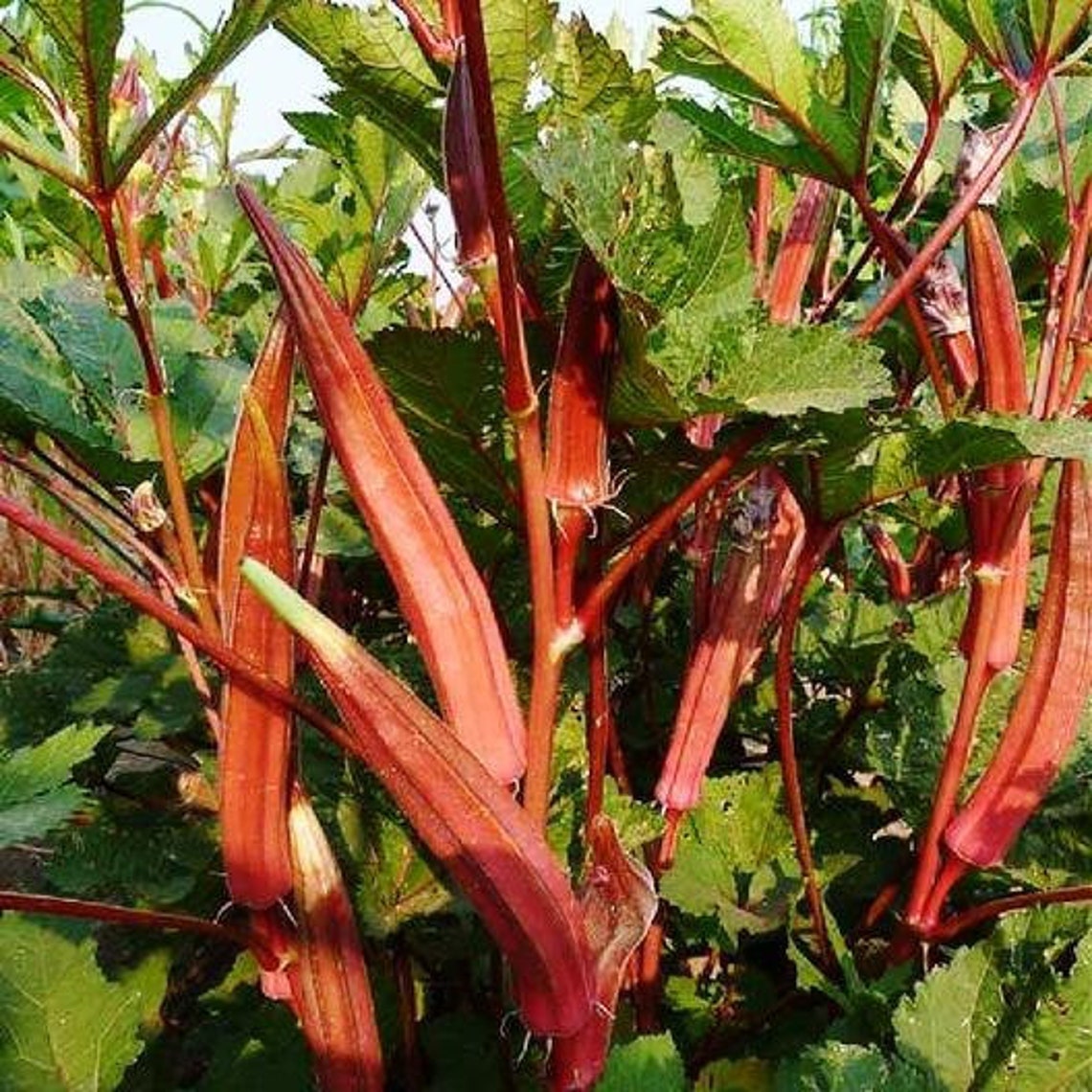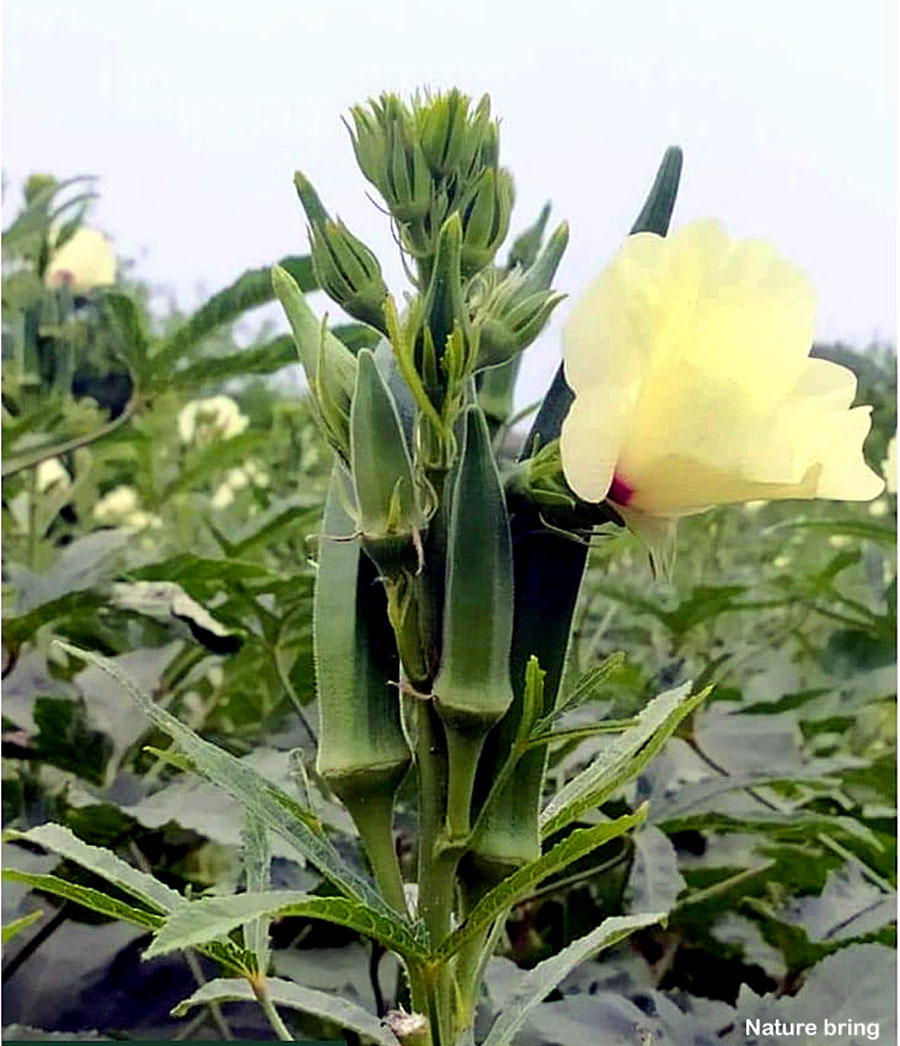

So far this has been an easy plant to grow, even in my very shady kitchen garden. I so enjoy slipping between my rows and harvesting one of my favourite vegetables. The pods of ‘Clemson Spineless 80’ are dark green, straight, and slightly grooved. The plants are beautiful and the pods are spineless. Variety Information: Okra pods can grow up to 9 long, but are best harvested at about 34 for culinary use, before they become tough. They don't move far in the soil, so crop rotation is the best way to prevent future infestations. Can grow taller in areas with long growing seasons. They cause irregular plant growth and yellowing leaves, but the damage they do is particularly visible on the roots, which are eventually destroyed. Root-knot nematodes: These are microscopic parasitic worms that live in the soil, and they are a particular problem for okra because they thrive in the same warm conditions as okra.Pods are reddish, productive, unique color. Our favorite okra Lovely pods are a deep reddish-orange and are quite colorful. You can pick off the ones you see and leave the rest to the birds, but if you have a persistent problem, consider deploying a stink bug trap to catch them. Jing Orange - 85 days - Plants are a beautiful orange shade getting 6 feet tall. Stink bugs: Another common pest, stink bugs burrow into the pods, leaving behind a deformed or curved pod instead of a straight one.

Jing Orange Okra may be direct-seeded or transplanted. This variety has shown exceptional drought-tolerance and performs well in the warmer months. The plants typically reach 5-6 tall, but plant height can be largely depending on climate and growing conditions. Remove aphids by spraying down the plants with water in the early morning or late evening when the sun won't scorch the wet leaves. The pods will remain tender at 6 long, but are best picked at 3-4 long. Honeydew also attracts ants, but that doesn't matter unless they're fire ants, which can damage the flowers. They congregate on the undersides of the leaves and produce honeydew, a sticky substance that can promote sooty mold growth if left long enough. Aphids: These bugs are problematic for okra plants as they are for most leafy vegetables.


 0 kommentar(er)
0 kommentar(er)
